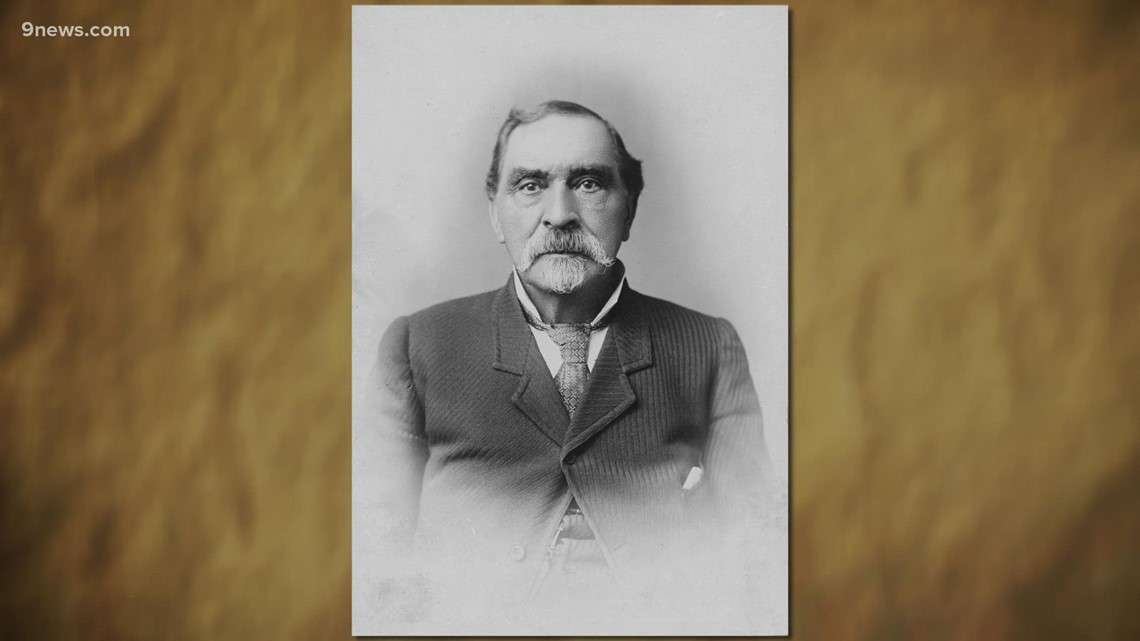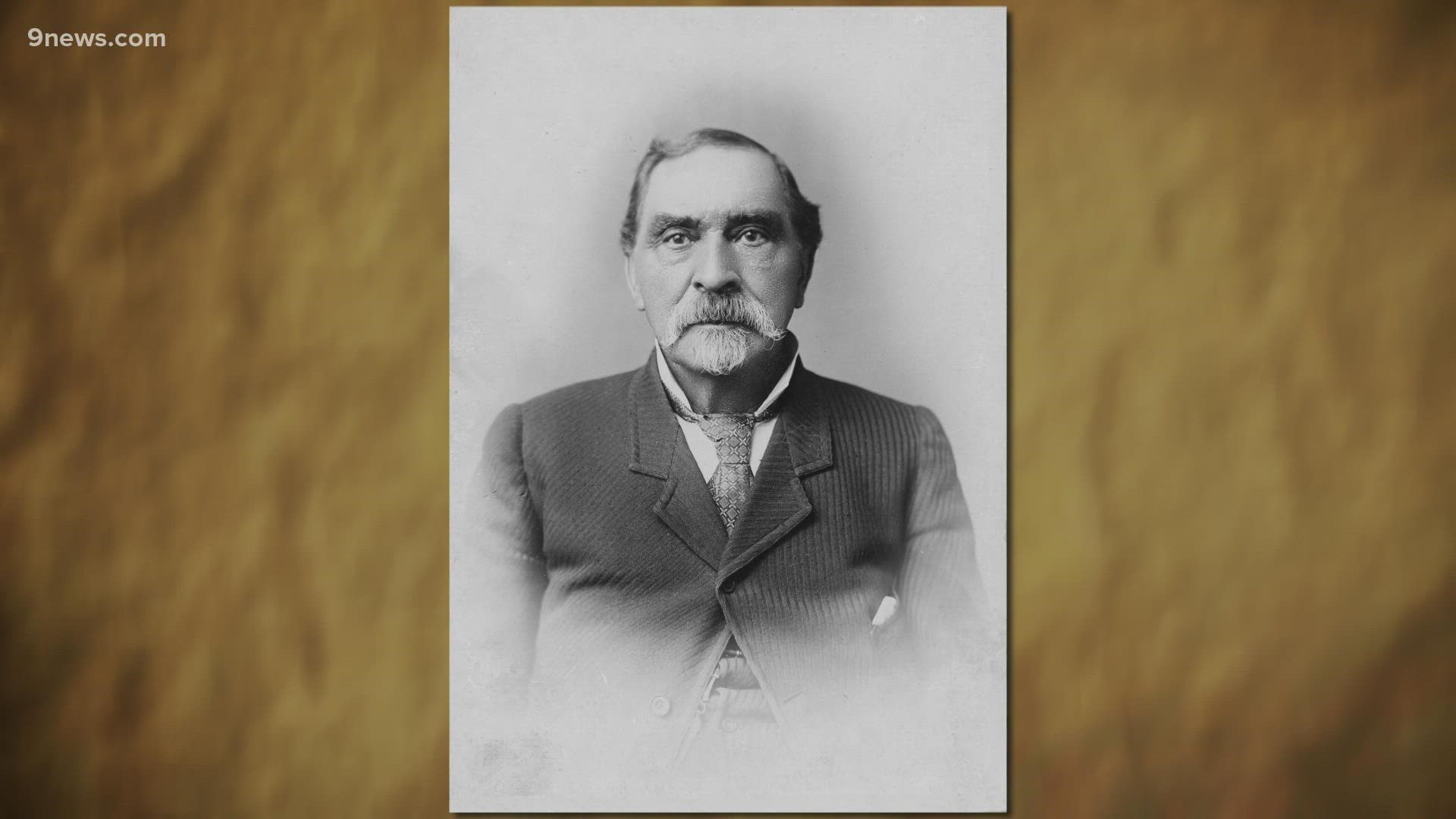DENVER — Black History in Colorado dates back more than 200 years. Many remember Barney Ford, a black man born into slavery in Virginia who eventually found freedom in Colorado, making way for others.
“In 1848, Barney was enslaved by a man who was a merchant from St. Louis his name was Woods. Woods had Barney with him in the Illinois city of Quincy. It’s a river port town, it’s along the Mississippi. We assume that they were there on business,” said Barney Ford Museum Interpreter Leigh Girvin.
Under Illinois Law at the time, if slaves were brought to the state they would be freed after 10 days.
“Barney took it upon himself to leave Woods. I say he freed himself, he walked away. But not before he left him a letter. Quite a long letter outlining his grievances, why he felt he deserved his freedom, how Woods treated him,” Girvin said.
Ford escaped by way of the Underground Railroad to Chicago. There he married Julia Lyon in hopes of finding true freedom in Canada where there was no enslavement. But the couple landed in Breckenridge.
"He was sure he was going to make his fortune in gold mining. That's what brought him to Colorado. He was first in Breckenridge in 1861,” Girvin said.
But it was his numerous businesses that brought wealth.
"By the mid-1870s he was one of the wealthiest men in Colorado. He had the finest hotel in Denver and in Cheyenne,” Girvin said.
Fords hotels were luxurious. Just like his home that remains in Breckenridge which now serves as a museum. The home was completed in 1882 with five rooms some of which still have the gold guilted wallpaper Ford installed more than 100 years ago.
“This home was considered a mansion in Barney Fords time,” Girvin said.
The mountains were welcoming to a black man like Ford mostly because of his light skin.
That was until the early 1860s where he was forced out while trying to own claims to a mine.
"One came in trying to take his claims of his mine and said leave or we'll hurt you. And then he kind of grabbed what he could and kind of left,” said History Colorado Associate Curator of Black History and Cultural Heritage Dexter Nelson II.
At that point, Ford came to Denver expanding his talents with a barbershop, hotels and restaurants. He was thriving until he lost some of his business in the Great Fire if 1863.
"Struggle after struggle is one way to see it. Definitely there's some fire, some discrimination. He had some issues keeping things running. But again it's a story or perseverance overall,” Nelson said.
Ford was always looking to make a better way for himself and other African-Americans. His will and continued fight allowed him and others to challenge the state senate to give black men the right to vote.


“It took until 1876 before Colorado achieved statehood and our constitution said all men should have the right to vote,” Girvin said.
Ford's Mansion in Breckenridge is now a museum for people to visit. Recent technology has allowed them to uncover more information about Ford's life to share with visitors.
History Colorado is also launching new initiatives to promote Black History throughout the state. They're even including recent protests surrounding Elijah McClain and George Floyd.
SUGGESTED VIDEOS: Colorado’s History

